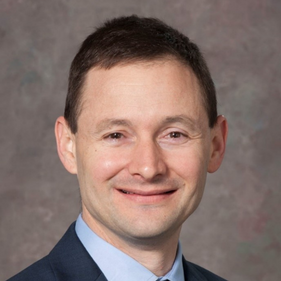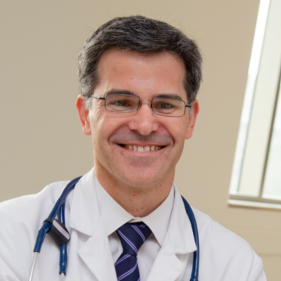Paper finds novel weight-loss, telewellness program makes financial sense

February 6, 2024
By Bill Daehler
A new economic analysis of a telewellness, weight loss study found that a community-based “whole health” program is a cost-effective approach to improving wellness among vulnerable populations.
The Koa Family Program, led by a team from the UC Davis Center for Healthcare Policy and Research (CHPR), followed a “whole health” approach to promoting weight loss among women with low income. “Whole health” considers an individual’s full life experience – mind, body, and spirit – in developing a program to improve wellbeing through healthful eating, physical activity, stress reduction, and weight management.
Promising results from the randomized controlled trial were published in the Health Education Journal in 2023. A new paper, published in AJPM Focus, found the “whole health” program also makes financial sense.
“Initial findings from the Koa Family Study were very compelling,” said Jeffrey Hoch, a health economist and first author of the new paper. “But we wanted to know: is a ‘whole health’ wellness program cost-effective? Our analysis suggests that the Koa Family Program is a pretty good deal.”
Hoch also serves as associate director of CHPR and chief of the Division of Health Policy and Management in the Department of Public Health Sciences at UC Davis Health.
Initial findings from the Koa Family Study were very compelling. But we wanted to know: is a ‘whole health’ wellness program cost-effective?—Jeffrey Hoch, professor and associate director of the Center for Healthcare Policy and Research
Cost-effectiveness
The AJPM Focus paper uses cost-effectiveness analysis, a technique that weighs the relative costs and outcomes of interventions, to assess the program’s value.

“Koa Family Study participants lost an average of nearly eight pounds over the 25-week trial with an average cost of about $560 per participant. The analysis found the program is cost-effective and in line with other weight-loss interventions,” said Desiree Backman, a co-author of the paper and chief of the Prevention Policy and Practice Group (3PG) at CHPR.
“We hope that cost-effectiveness of the Koa Family Program will encourage employers, health plans, and health care providers to offer the program to interested individuals,” said Neal Kohatsu, a co-author of the paper and health strategist of 3PG.
The future of “whole health”
The success of the Koa Family Program’s “whole health’ approach led to the launch of a 15-week pilot program at UC Davis Health’s Folsom clinic in 2023. The pilot program also showed favorable results.
In collaboration with the Department of Internal Medicine’s Division of Cardiovascular Medicine, plans are underway to adapt and deliver the Koa Family Program to heart failure patients in 2024. The Heart Failure team at UC Davis Health will help to launch a pilot program for patients likely to benefit.
“We are thrilled that the Koa Family Program’s ‘whole health’ approach will be adapted to benefit heart failure patients through weight loss and support for healthy eating, active living, and stress management,” said Martin Cadeiras, medical director of the UC Davis Comprehensive Heart Failure Program.
We are thrilled that the Koa Family Program’s ‘whole health’ approach will be adapted to benefit heart failure patients through weight loss and support for healthy eating, active living, and stress management.—Martin Cadeiras, medical director of the UC Davis Comprehensive Heart Failure Program
CHPR’s 3PG team is making “whole health” the foundation of their work.
“Our team’s focus moving forward will be on building around ‘whole health’ to promote wellness and to serve the needs of California’s communities and families, with an emphasis on those with the greatest need,” said Backman.
CHPR researcher Julia Fleuret was a co-author of the AJPM Focus paper. Backman, Kohatsu, and Fleuret co-authored the Koa Family Study with CHPR researchers Crystie Dao, Dominique Ritley, Camlyn McCracken, and (former CHPR researcher) Andrew Padovani.
The Koa Family Program study was funded by the California Department of Social Services and the California Department of Forestry and Fire Protection.
The Center for Healthcare Policy and Research’s mission is to facilitate research, promote education, and inform policy about health and health care. The goal is to improve the health of the public by contributing new knowledge about access, delivery, cost, quality and outcomes related to health care and providing rigorous evidence to policymakers and other stakeholders. CHPR executes its mission through interdisciplinary and collaborative research; education and career development; and research synthesis and dissemination.


